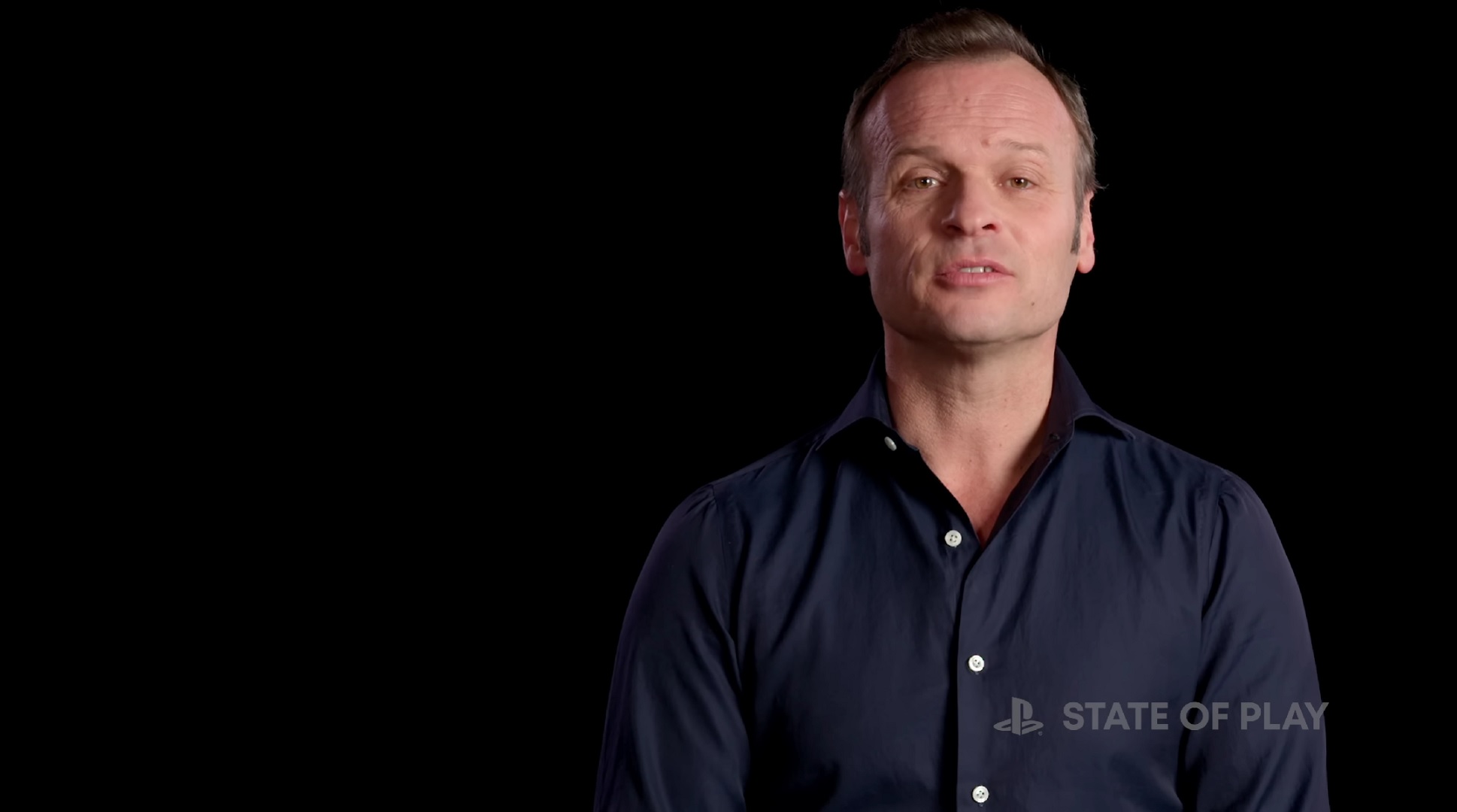In early October, I picked up a code for Horizon: Zero Dawn on PC from CDKeys, anticipating the remaster launching later that same month. Right after Sony removed the original game from Steam, I bought it quickly before the key market dried up. Heck, for an additional $10 later on top of the $12 that key cost, I figured the remaster was worth a purchase.
I was right; it ended up being freaking sweet. While it was somewhat dated mechanically, I still had a ton of fun running through the wilderness, knocking off robot parts like some slow-motion tribal Max Payne. I just wish the sequel had trophies on Steam; I know, it’s a weird complaint. I like my shiny things.
While I mainly game on Windows PC and within the Xbox ecosystem, that doesn’t mean I have some kind of dislike for Sony. My second favorite game of all time, right behind the original Red Dead Redemption, is Uncharted 4. It’s another title that’s been available on PC for years. Therein lies the problem.
PlayStation, like a child being dragged out of the store by their parent for being naughty, has been reluctantly releasing its games on PC. Often without fanfare, and with some taking years to launch on PC, the pace has gradually grown. Just this year, their biggest hit, Helldivers 2, was a simultaneous release on PlayStation 5 and PC. An experiment that will likely end up changing their strategy.
Having been released in February, Helldivers 2 found massive success on PC. In March, it was estimated that over 60% of sales were made on PCs. That means for the first time, a major PlayStation exclusive’s biggest platform was not on their hardware. This is a reality that will snowball in the next few years, and as we know, it has already begun happening for Xbox.
The future of PlayStation games is on Windows PC
So, what does that mean for the future of PlayStation games? Should PlayStation be worried about PC? Somebody else had that feeling and brought this exact question up in November during a shareholder’s meeting. Keep in mind this is a translation from Japanese to English, so some of it may not be fully representative, as noted in the original document shared by Sony itself.
A shareholder asked, “You seem to have a lot of PS5 exclusives in your line-up of third-party software titles for the second half. Is that intended to encourage the transition from PS4 to PS5? I think that there is a risk of more users opting for PCs. What do you think about the risk and opportunity?”
Sony responded, “We are in the latter half of the console cycle for the PS5, and the number of PS5 titles has been increasing. We have also confirmed internally that the transition of users from the PS4 to the PS5 is trending well. In addition, we see users tending to purchase more software when they switch to the PS5, which we see as a positive. In terms of losing users to PCs, we have neither confirmed that any such trend is underway, nor do we see it as a major risk, so far.”
We’ll overlook the part where even a shareholder pointed out the visceral amount of third-party exclusives Sony pushed this year and get to the main point. Sony is seemingly not scared of a potential future with PC domineering. At least, not yet. There are some key takeaways here from the language used.
Specifically, they mention that PlayStation 4 players are trending well to PlayStation 5. While minor, the PlayStation 5 has been trending behind the PlayStation 4 in terms of overall sale numbers. There may be some PC players going to console, we can safely assume the vast majority of PlayStation 5 players are shifting either from PlayStation 4, or another console like Xbox One. PlayStation has previously suggested that Nintendo Switch kids often “graduate” to PlayStation, too. However, the overall console market is not growing, per most market analysts like Newzoo and Circana. As costs go up, platform holders like Sony and Xbox are having to find new places to deliver their big margin software offerings.
Indeed, this is all while Steam numbers continue to hit new records every year. Just three weeks ago, Steam rose to an astonishing 39,319,632 concurrent players online. Yesterday, they were only 200,000 under that number, which means this is an everyday thing. Forty million is coming in 2025, probably by March.
For comparison, the NFL had a record-setting Christmas day with 64 million viewers. Steam is pulling two-thirds of that every single day. That’s absurd. It paints a picture more console gamers need to realize.
Forgetting about the mobile market, which is already the largest and is set to grow, PC gaming continues to grow at a steady rate that hasn’t seen a decline in years. With PlayStation sales trending behind its former console, what exactly does that mean for the future of their games? The answer? That phrase everyone argues about: day and date on PC.
PlayStation moving to “day and date” PC launches is coming
I don’t know why so many argue against this, but days of non-simultaneous PlayStation releases are nearing their end. Said end won’t be tomorrow, but with every year, we get closer and closer. Last year, the success of Helldivers 2 pushed the company to admit it would be releasing live-service titles everywhere all at once. Tomorrow, there will be some other game that will cause Sony to rethink its strategy yet again.
I have a PlayStation 5, but I generally wait for game releases on my Windows PC. They’re coming, so why not wait for them on my preferred platform? Sure, some absolute bangers might come out, but what first-party titles have there been on PlayStation that haven’t come to PC as well? For 2025, we have Death Stranding 2 and Ghost of Yotei, both sequels that have already seen their predecessors come to PC. In the case of Death Stranding, Kojima Productions even launched it on Xbox for the added income.
While Sony has said they’ll continue to release single-player games on PlayStation first, at what point do they experiment with one of those as well? When they do, what happens if it’s a massive success? Sony has changed course multiple times already.
Going back to Horizon: Zero Dawn, it initially reached 56,000 concurrent players on Steam and was a decent success for Sony. However, Uncharted and The Last of Us Part 1 struggled by comparison. The issue with these launches comes down to a few factors, like performance and replayability, but there’s one noticeable difference that can’t be ignored: the launch timetable.
Uncharted took years to come to PC, where anyone who wanted to play either already had or, by that time, lost interest. The Last of Us Part 1 was a remaster of a game that was a decade old. PC gamers are used to upgrading their own experiences through mods or free updates. Why pay for something that’s generally free? Unless you can get it cheap on a site like CDKeys or GreenManGaming like I did for Horizon: Zero Dawn.
It’s not just game development costs going up; marketing costs are going up too. If you’re spending literally tens or even hundreds of millions of dollars on marketing efforts, to obtain the best return on that investment is to ensure your game is everywhere all at once, cutting through the zeitgeist, generating conversations, and busting social media algorithms. If you launch your games on one small corner of the overall industry pie, increasingly, publishers are realizing they’re simply hurting themselves. Square Enix and various other major publishers, who previously sought platform exclusivity deals, are famously now rejecting them.
PlayStation manages to make more money on other platforms every year than it did the previous year. In 2024, I would bet they almost reached a billion, if not over. In the pursuit of higher profits and better margins, it only makes sense to continue tightening that release schedule until the “day and date” PC launch become the norm. Trust me, it’s closer than you think.
What do you think? Is Sony growing closer to day and date on PC? What about games coming to other platforms like Nintendo Switch 2 and Xbox Series X|S? Let us know below in the comments.






